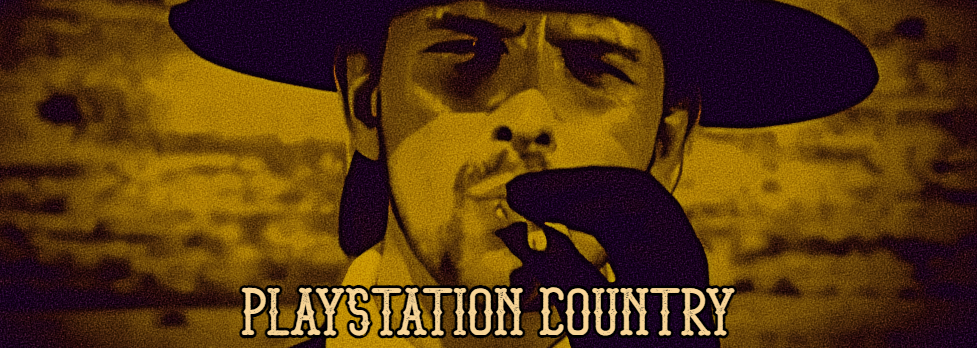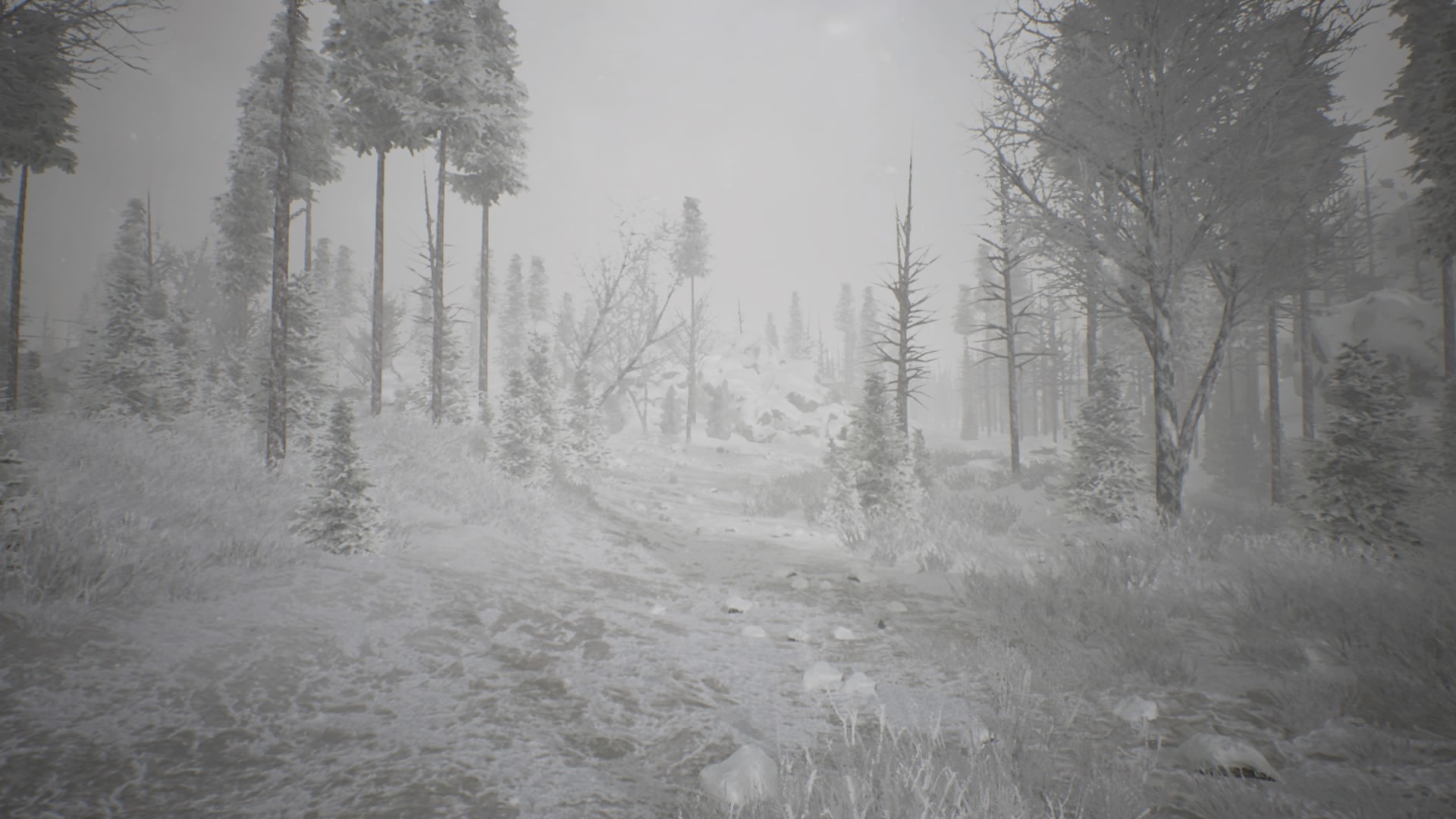 Have you ever wondered what it would be like to be stuck in a bleak frozen mountainside? Well you’re in luck as Kholat is the perfect game for you. This game is inspired by a mysterious hiking tragedy in 1959, where nine students died on the side of the Kholat Syakhl Mountain. The circumstances in which the students died have never been adequately explained and theories from alien abductions, yeti attacks and secret government tests have all been discussed. Kholat sees you following in the hikers’ foot steps to uncover the truth of what happened.
Have you ever wondered what it would be like to be stuck in a bleak frozen mountainside? Well you’re in luck as Kholat is the perfect game for you. This game is inspired by a mysterious hiking tragedy in 1959, where nine students died on the side of the Kholat Syakhl Mountain. The circumstances in which the students died have never been adequately explained and theories from alien abductions, yeti attacks and secret government tests have all been discussed. Kholat sees you following in the hikers’ foot steps to uncover the truth of what happened.
The last couple of years have seen an explosion of indie titles hitting the PS4, and with them certain genres have emerged. One of the more de rigueur genres at the moment is narrative exploration, typified by Everybody’s Gone to the Rapture and Firewatch. Kholat takes this genre and moves it subtlety into horror themes. The closest comparison I can think of is the rather excellent Vanishing of Ethan Carter which also had a decidedly spooky tone to it.
This game doesn’t hold your hand, and from the very first steps you are left to find your own way. Armed only with a compass, a map and a torch you’ve got to navigate across the mountain. There was a great feeling of bleak wonder when I looked out from my first camp, I could see ominous snow covered shapes, paths weaving across mountains and the moon hanging in the sky. I encountered an odd sense of exhilaration in the fact I could set off in whichever direction I wanted, with apparently nothing to stop me.
The aim of the game is to discover what happened to the hikers and the only assistance you’re given is a list of nine sets of co-ordinates on your map. Your map is a critical piece of equipment, which you can pull up at any time. The map and compass are realistic as they give no icon to represent where you are, and magnetic north is accurately portrayed. What this means is that you’re totally reliant on your own orienteering skills in order to get your bearings. For me this was a wonderful part to the game, and the feeling of being lost and dependant on your own skill makes a massive change from the usual hand holding we get in most games nowadays. Kholat has no HUD, offers no way-point markers and give no hints. This is not a game for people who can’t read and understand maps.
I can’t understate how difficult this game can be to just navigate round the map, for me this was a strength but I do understand why some people disliked this aspect. Instant death by falling into traps, or falling off ledges does not a good experience make. To add to this difficulty you’re also sharing the mountain by an entity which is able to kill you in one hit, and you have no means of retaliation. The first time you discover the entity will certainly give you a decent jump scare, and whilst the novelty of this wears thin quickly it is an effective tool in ratcheting up the tension. The fact this entity is usually found when you stray from the paths, makes it all the more important to keep an eye on your map, and again makes the game harder for people who struggle to read maps.
There is no doubting Kholat looks awesome. The variety in the environments, the way the blizzard billows round you and the light from the moon all ensure that snow has never looked this good before. Complementing this is a fantastic audio track full of roaring winds, crunching snow and howling wolves. At certain key story events the environment will also alter surprisingly, offering some decent unexpected scares. Playing this with headphones on makes for a truly immersive experience.
Whilst the game scores highly on the atmosphere front the storytelling element is not quite as strong. Story is provided to you through the discovery of journal entries and environmental events, and is accompanied with a decent narration by Sean Bean. Disregarding the absurdity of finding paper journals, the writing on offer just falls the wrong side of clichéd. The story serves to keep your interest, and it’s not game ruining, but it’s not as strongly written as the likes of Dear Esther or similar.
 These kinds of games will live or die on the atmosphere they create, and the story they tell. The mountain landscape is wonderfully realised, and the Unreal 4 engine gets a decent workout here. Kholat is lucky to have a fantastic real life situation to start with, and it does a decent job of exploring this fully, hampered only with some over reliance on genre tropes. I really enjoyed my time on the side of the mountain and was scared and lost on numerous occasions, for this reason I’d recommend this highly.
These kinds of games will live or die on the atmosphere they create, and the story they tell. The mountain landscape is wonderfully realised, and the Unreal 4 engine gets a decent workout here. Kholat is lucky to have a fantastic real life situation to start with, and it does a decent job of exploring this fully, hampered only with some over reliance on genre tropes. I really enjoyed my time on the side of the mountain and was scared and lost on numerous occasions, for this reason I’d recommend this highly.

